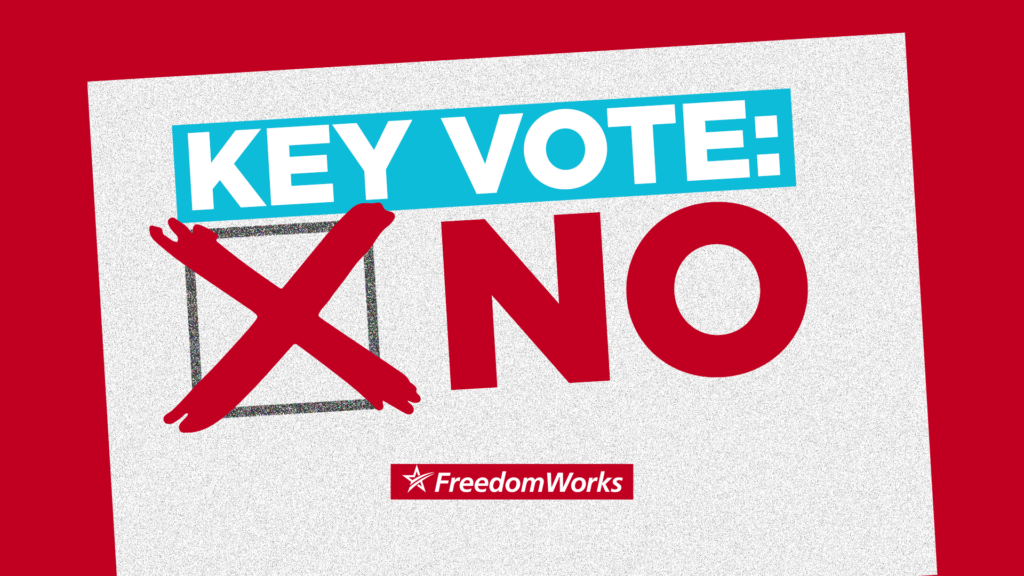Another Setback for ObamaCare from Federal Court
District judge Ronald White of Oklahoma ruled in line with the Halbig D.C. Circuit Court over the ObamaCare subsidies dispute.
The “IRS rule” extends tax credits to states where the federal government set up exchanges, even though under section 36B of the ACA, tax credits are only authorized for purchases on an “exchange established by the state.” Oklahoma is one state that opted to not set up its own exchange, therefore HHS set up an exchange in Oklahoma, per ACA rules.
Even though both sides agree Oklahoma provides sufficient coverage for “minimum value” and “affordability” under ACA standards, the state may face penalties under the employer mandate. As an “applicable large employer,” receipt of any tax credits under the IRS rule by any employees of the state of Oklahoma would trigger a penalty against the state for failing to provide adequate coverage.
The judge found that the language in section 36B unambiguously states that exchanges must be established by the state in order for subsidies to be valid.
With another divisive ruling issued on this question, necessity for the Supreme Court to review these cases only increases.
Judge White’s ruling (Pruitt v. Burwell) contains compelling arguments on language, the role of the judiciary, and administrative interpretation:
This court concludes that what even the King court called the "common-sense appeal" of the plaintiff’s position should prevail. Dissenting in Halbig, Judge Edwards describes his reading of the Act, wherein ‘"established by the State’ is [a] term of art that includes any Exchange within a State." If this view is correct, it is an unusual term of art, in that one word is statutorily defined in a way that precludes the alternative reading. Under 42 U.S.C. §18024(d), "State" cannot mean the federal government. This definition is dispositive when combined with the interpretive hurdle presented by the phrase "established by.”…
Of course, a proper legal decision is not a matter of the court "helping" one side or the other. A lawsuit challenging a federal regulation is a commonplace occurrence in this country, not an affront to judicial dignity. A higher-profile case results in greater scrutiny of the decision, which is understandable and appropriate. …
This is a case of statutory interpretation. "The text is what it is, no matter which side benefits." Such a case (even if affirmed on the inevitable appeal) does not "gut" or "destroy" anything. On the contrary, the court is upholding the Act as written. Congress is free to amend the ACA to provide for tax credits in both state and federal exchanges, if that is the legislative will. As the Act presently stands, "vague notions of a statute’s ‘basic purpose’ are nonetheless inadequate to overcome the words of its text regarding the specific issue under consideration." It is a "core administrative-law principle that an agency may not rewrite clear statutory terms to suit its own sense of how the statute should operate." … The role of this Court is to apply the statute as it is written – even if we think some other approach might ‘accord] with good policy.’"…
"An agency’s rulemaking power is not ‘the power to make law,’ it is only the ‘power to adopt regulations to carry into effect the will of Congress as expressed by the statute.’ In reviewing statutes, courts do not assume the language is imprecise … Rather, we assume that in drafting legislation, Congress says what it means."…
The court holds that the IRS Rule is arbitrary, capricious, an abuse of discretion or otherwise not in accordance with law, pursuant to 5 U.S .C. §706(2)(A), in excess of statutory jurisdiction, authority, or limitations, or short of statutory right, pursuant to 5 U.S.C. §706(2)(C), or otherwise is an invalid implementation of the ACA, and is hereby vacated.




